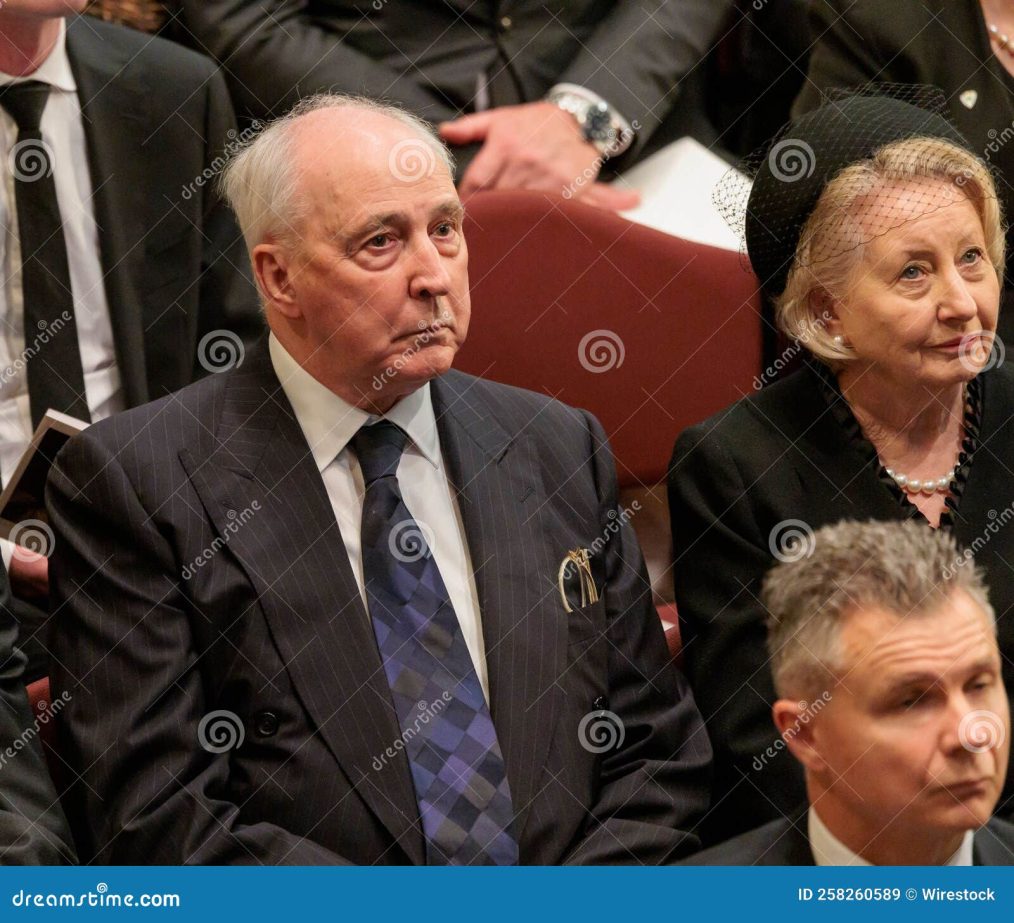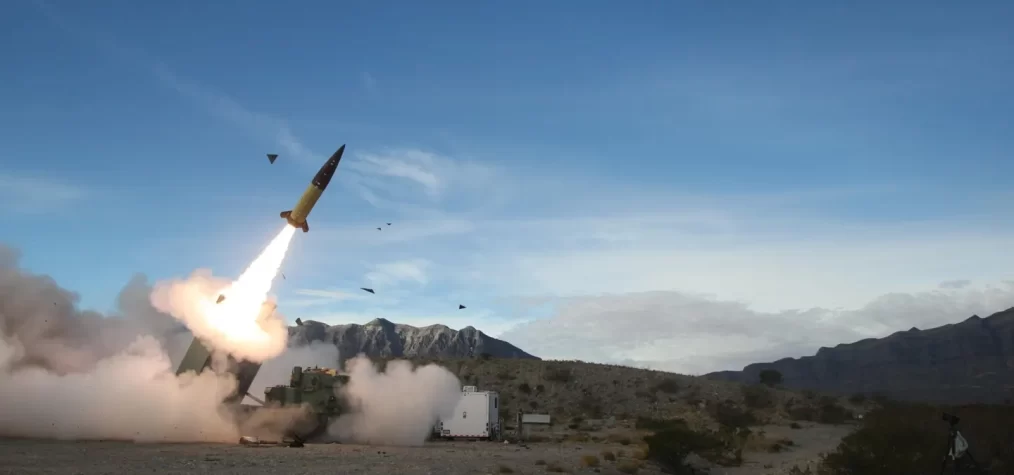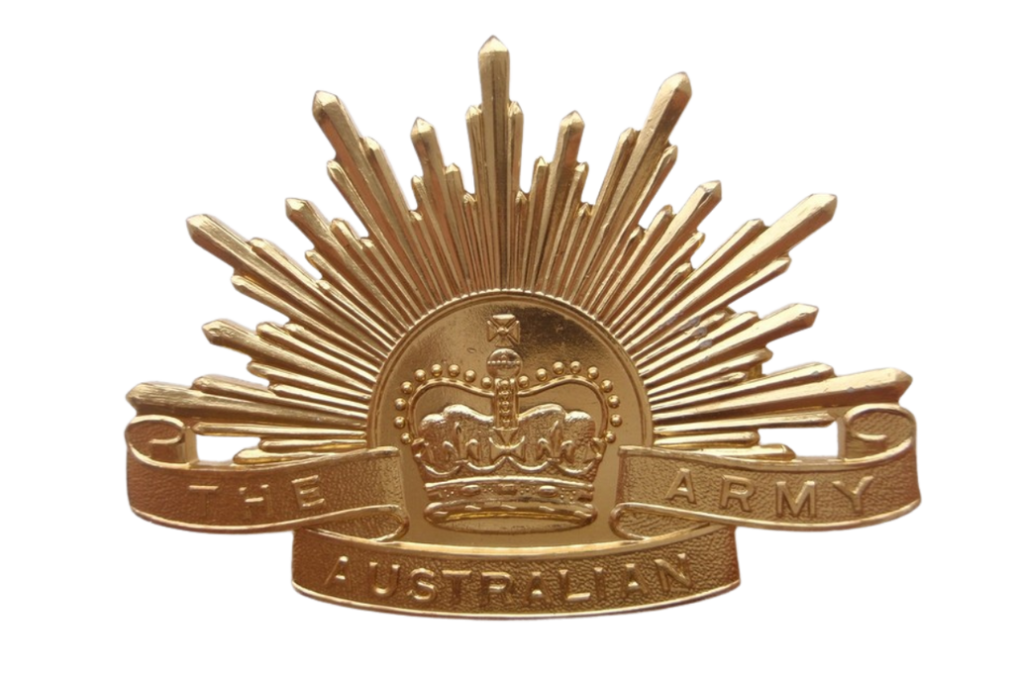ED: I wholeheartedly support the notion of compulsory national service, having witnessed its benefits during and after the Vietnam era. Ensuring the security of our nation is paramount, yet we currently lack the necessary manpower for successful defense.
To address this gap, I propose implementing a comprehensive training system that encompasses all young 18-year-old Australians. While some may not meet the criteria for military service, they could still contribute meaningfully by engaging in voluntary roles within other essential services.
Your thoughts on this matter are valuable, and I welcome feedback via email at hq@frontline.asn.au Your insights could greatly assist in refining my submission.
Thank you for considering this important issue.
Ray Payne
Reinforcing Australia’s National Security: A Case for Universal National Service
By Ray Payne
In the face of escalating global uncertainties and threats to stability, the imperative to fortify Australia’s national security apparatus becomes increasingly urgent. Embracing a comprehensive approach, it is time to resurrect the concept of national service, enrolling all 18-year-old Australian citizens without exception. While this proposition may unsettle some politicians, its implementation is paramount for securing our nation’s future.
National service, however, need not be confined solely to military obligations. Recognizing diverse capabilities and inclinations, alternative avenues should be available for those who may not meet the physical criteria for military service. Among these alternatives are roles within the Bush Fire Brigade, State Emergency Service, St. John Ambulance, and Coast Guard, each serving critical functions in safeguarding communities.
Upon reaching the age of 18, following the completion of their final year of high school, all Australian citizens would be mandated to register for national service. Subsequently, they would undergo medical and fitness assessments to determine their suitability for various service branches. Those deemed fit for military duty would be integrated into Army Reserve units, committing to four years of part-time service with obligations akin to current reserve requirements, accompanied by appropriate remuneration.
Conversely, individuals ineligible for military service would be directed towards voluntary services, engaging in roles such as those aforementioned. Serving on a voluntary basis for a duration of four years, these individuals would contribute to essential emergency response and community support efforts.
Compliance with national service obligations is imperative, necessitating penalties for non-compliance. Australians who are abroad upon reaching the age of 18 would be mandated to fulfill their national service duties upon return, provided they are under 30 years of age. Those who willfully evade or fail to complete their obligations would incur a lifetime additional tax of 2% on all future tax commitments—a measure designed to uphold the integrity and fairness of the system.
The benefits of such a comprehensive national service program are manifold. For the Australian Defence Force (ADF), grappling with recruitment and retention challenges, the proliferation of reserve units would offer a surge of manpower and talent. Enhanced geographical proximity to training and deployment sites would foster stronger ties to local communities, bolstering retention rates across all ranks.
Simultaneously, volunteer services would benefit from an influx of dedicated individuals, augmenting their capacity to respond to crises and emergencies. By structuring training programs akin to reserve units, the government would ensure the competence and readiness of volunteers, facilitated by the employment of permanent training staff.
In conclusion, the reintroduction of universal national service stands as a pragmatic and indispensable measure to fortify Australia’s national security. By harnessing the collective capabilities and commitment of its citizenry, Australia can navigate the evolving geopolitical landscape with confidence, safeguarding its interests and ensuring the resilience of its communities.










